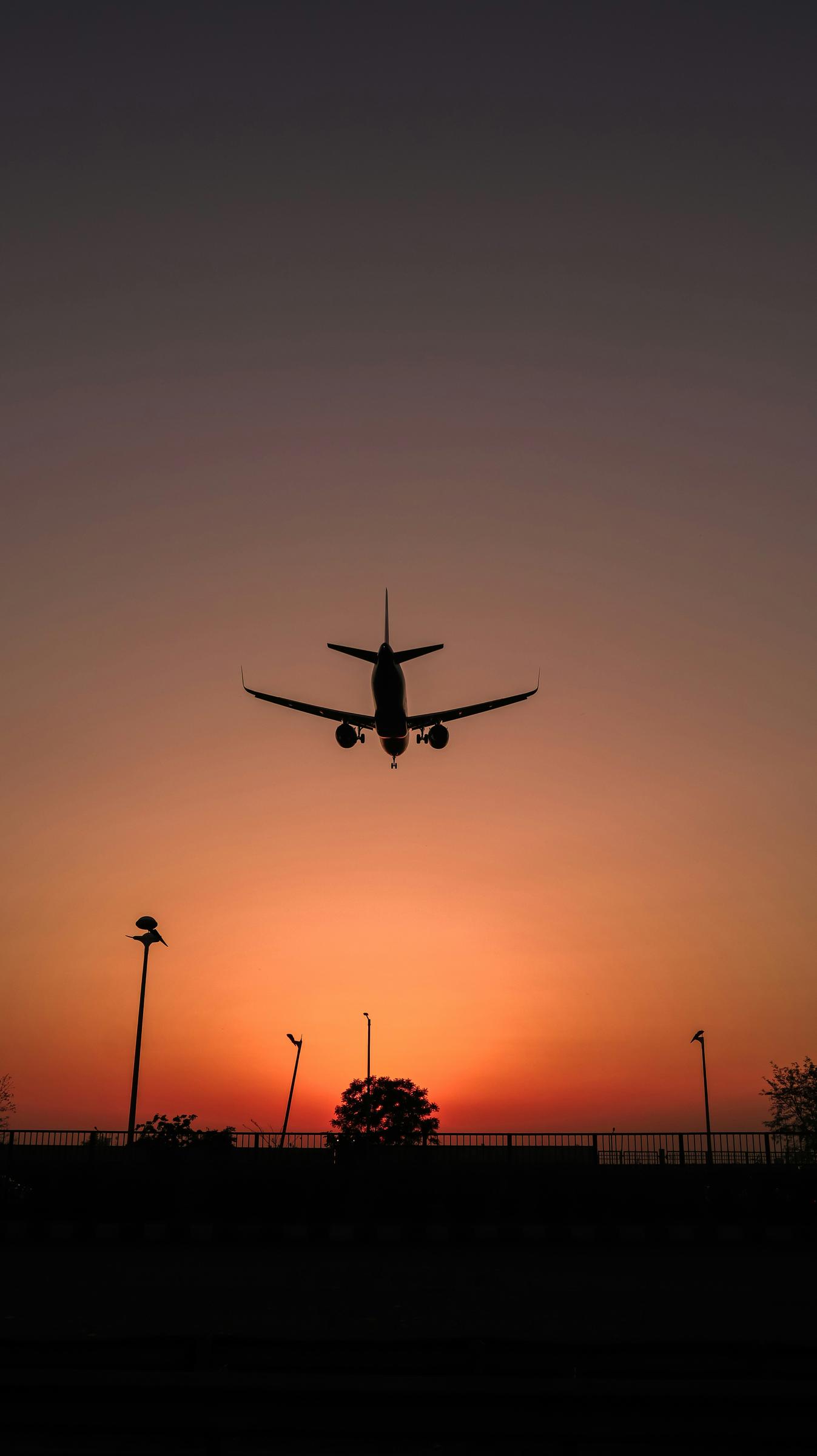Job Spotlight - Flight attendant

How to become a Flight Attendant
Flight attendants, also known as cabin crew, are responsible for passengers’ comfort and safety while onboard an aircraft. The job includes a wide variety of responsibilities and tasks, from serving food and drink to providing first aid. You’ll be working in a fast-paced environment, meeting new people, and experiencing different cultures.
If you have great people skills and want a career that can take you all over the world, you might like to consider becoming a flight attendant.
What skills do I need as a flight attendant?
- Excellent communicator
- Neat & presentable
- Can remain calm under pressure
- Organised & efficient
- Adaptable & flexible
- Polite & helpful
- Can work in teams & independently
- Reliable & trustworthy
What does the job involve?
- Prepare aircraft for passengers to board
- Check tickets & direct passengers to their seats
- Perform safety demonstrations & checks
- Serve food & drink mid-flight
- Assist passengers with special needs
- Help passengers stow luggage
- Keep passengers calm & comfortable
- Perform emergency procedures if necessary
What industries do flight attendants typically work in?
- Transport, Postal & Warehousing
- Public Administration & Safety
- Administrative & Support Services
What Career Cluster do flight attendants belong to?
Because their job involves supporting customers to have great experiences, flight attendants are commonly strong Linkers.
What kind of lifestyle can I expect?
You will most likely need to work on weekends and holidays, as this is when many people travel, as well as late nights and early mornings. Of course, you’ll also need to be prepared to spend a fair bit of time away from home.
There are many part-time roles available for flight attendants. Your roster is typically scheduled well in advance so you can plan around when you’ll be at home and abroad.
Most flight attendants earn an average salary throughout their career.
How to become a flight attendant
To become a flight attendant, you will need to complete a rigorous training program that covers topics such as safety procedures, customer service, food service, and emergency response. This training is often provided by the airline that employs you, and includes both classroom instruction and hands-on experience. Additionally, you may need to undergo training in CPR and first aid, as well as pass a background check.
Certain airlines may also have particular physical requirements for flight attendants, such as height, weight, and body modification restrictions (e.g. tattoos, piercings, etc.). Being able to speak multiple languages is also often an advantage.
If you’re in high school and you’d like to find out if a career as a flight attendant is right for you, here’s a few things you could do right now:
- In many cases, you can get a head-start on desired qualifications (such as first aid) before you leave school.
- See if you can find work experience or volunteer opportunities to start building important skills you need for the job.
- Talk to a flight attendant to see what a day in their life is like. If you don’t know anyone, see if you can watch videos or documentaries about a career in aviation or tourism.
Find out more here:
- Qantas
- Jetstar
- Virgin Australia
- Air New Zealand
- British Airways
- Aer Lingus
- American Airlines
- Air Canada
- Emirates
- Etihad Airways
- Lufthansa
- Cathay Pacific
- Singapore Airlines
Similar careers to flight attendant
- Pilot
- Tour Guide
- Air Traffic Controller
- Travel Agent
- Bus Driver
- Immigration Officer
- Hotel Manager
- Customer Service Representative
Find out more about alternative careers.